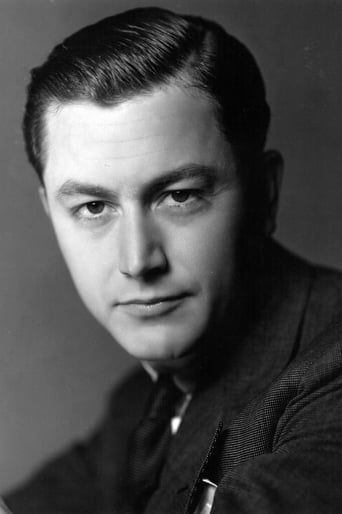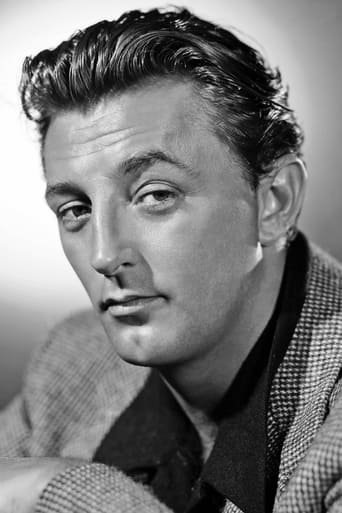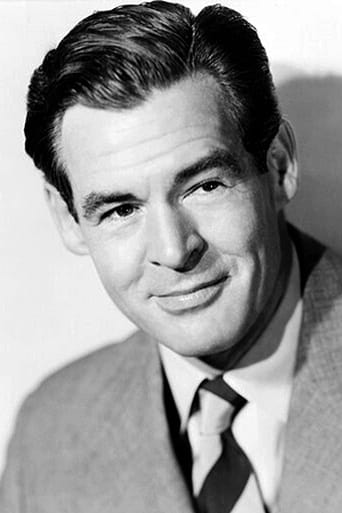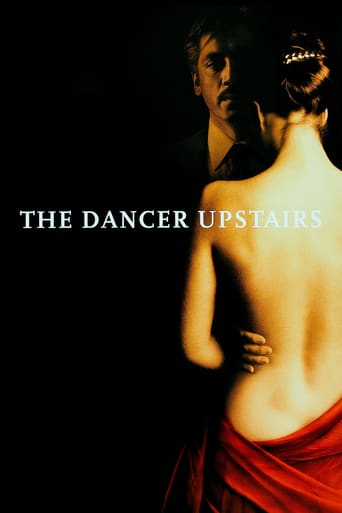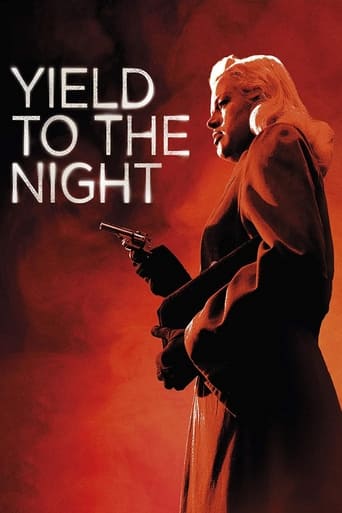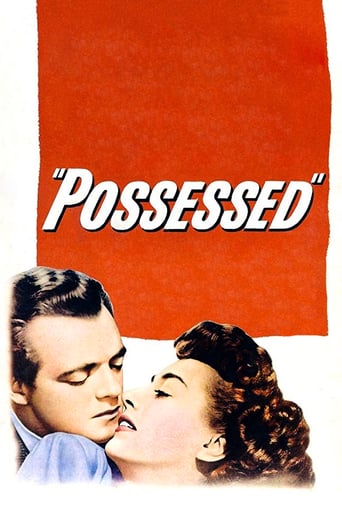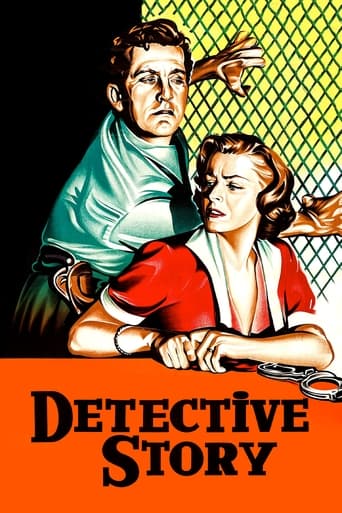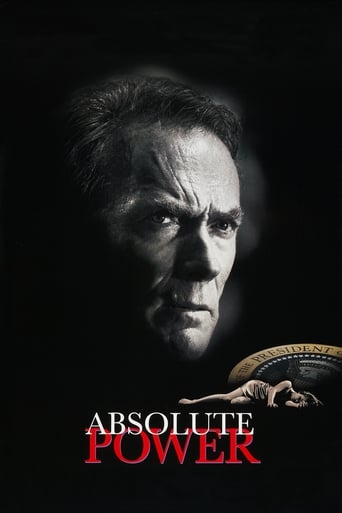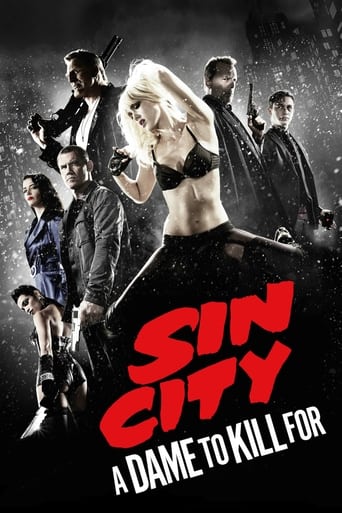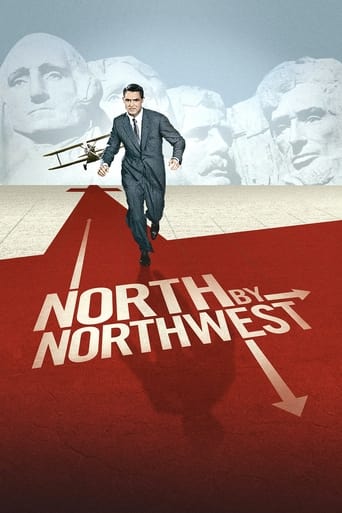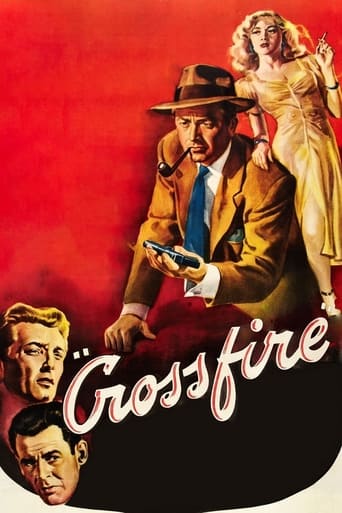
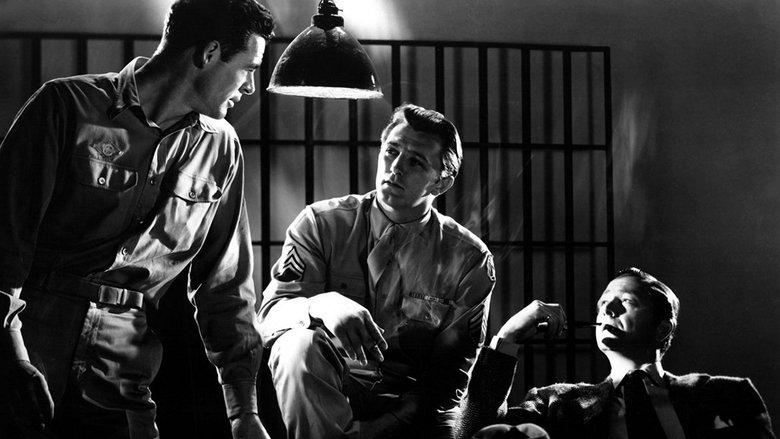
Crossfire (1947)
A man is murdered, apparently by one of a group of soldiers just out of the army. But which one? And why?
Watch Trailer
Cast
Similar titles

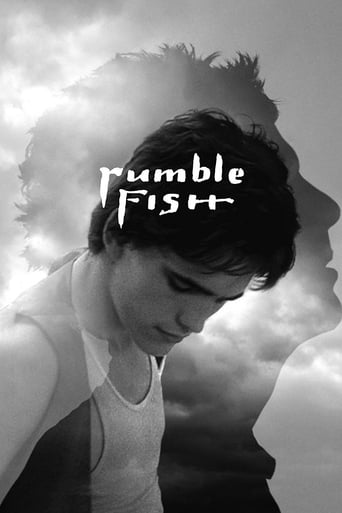
Reviews
Admirable film.
I cannot think of one single thing that I would change about this film. The acting is incomparable, the directing deft, and the writing poignantly brilliant.
Unshakable, witty and deeply felt, the film will be paying emotional dividends for a long, long time.
what a terribly boring film. I'm sorry but this is absolutely not deserving of best picture and will be forgotten quickly. Entertaining and engaging cinema? No. Nothing performances with flat faces and mistaking silence for subtlety.
.a little more action please" sang Elvis Presley. Obviously, no-one had listened to this song before making this film. If only they had, we might have had a little more action. It's a very talky affair and whilst the message is strong, the overall experience is laborious. The film is way too dark – can we have some light, please? – which gives it a film-noir feel and fits with the dark subject matter. But, how about some light once in a while? We also get all the dialogue delivered by every character in a gloomy low-key manner. It reminded me of Eastenders. Who knows, the cast may well have been using this film as an audition piece for that crass soap opera? The actors are all good but the tone of the film never changes and this makes it a ploddingly dull affair and scenes drag on. Soldier Robert Ryan (Montgomery) is a great bigot, he is a scary bully and is the standout in the cast. The film almost gets interesting at the end but at the final denouement slips back into more talking and then things end very conveniently and quickly. It's a film that is way over-rated by people who think a film is good if the message is sound. They forget that the primary purpose of a film is to be entertaining. Hail the wisdom of Elvis.
Crossfire, a film made in 1947, deals with Anti-Semitism. As such it is a film 'before its time'; in '47 few films dealt with the subject (note: 'Gentleman's Agreement' did, and did t better). But this film does not have the lofty aspirations of 'Agreement'; this is cinema noir plain and simple. A bad guy commits a bad act and it's up to the good guys to figure out the 'who' and the 'how'. Robert Young plays the police inspector; a pipe glued to his lower lip. Beside that, he is fine. Robert Mitchum is as close to a 'hero' as this film possesses; but heroics are not his forte. He is there to provide hope; his basic goodness a counterweight to the bad guy's bad. Robert Ryan plays the role of Robert Ryan, and plays it as well as ever. Sam Levene plays the Semite against whom atrocities are committed. Overall I enjoyed the film for what is is (a good 'B' movie); but other reviews had me thinking the film was a great one. It's not.
Many of the characters in "Crossfire" speak in a cadence that creates an almost surreal mood. Sam Levine, Paul Kelly and George Cooper all speak as though they are under the control of the same hypnotist. It could just be that the scriptwriter was unable to develop distinctly different characters, but it works well in this film, giving it a quality that has helped secure its place as a classic of film noir.The movie was based on "The Brick Foxhole", a novel by Richard Brooks. In the book the victim was black, but for various reasons, the murdered man in the film became a Jew, with anti-Semitism as the theme.Although Richard Brooks didn't write the screenplay, he later became a film director. Like John Huston with whom he worked on the script of "The Killers", he was a complete storyteller; he wrote as well as produced and directed. He made some sharp films: "Blackboard Jungle", "Elmer Gantry", "In Cold Blood" and one I like that many don't, "Lord Jim". He was also a tough dude; I once read that he sat Burt Lancaster on his backside after an argument turned physical.The story of "Crossfire", which takes place in New York just after World War Two, begins with the murder of a man, Joseph Samuels played by Sam Levene. A pipe-smoking policeman, Captain Finlay, played by Robert Young, investigates the crime. Young's performance is a precursor to the sage characters he later brought to full flower in television's "Father Knows Best" and "Marcus Welby MD".A number of soldiers were in the murdered man's apartment just prior to his slaying. Robert Ryan gave an acclaimed performance in this film as Montgomery, one of the soldiers in question. Big, sneering and manipulative, he invests the part with a nastiness that is palpable.At first, suspicion falls on another soldier, Mitchell. As part of the investigation, Captain Finlay calls in Sergeant Keeley, Robert Mitchum's character. Keeley tries to protect Mitchell, even arranging for Mitchell's wife to come to town.During a flashback, the film follows Mitchell on the night of the murder where he encounters some unusual characters including Ginny (Gloria Graham), a depressed dancehall "hostess". Eventually, he ends up at Ginny's apartment. Here he encounters a man, listed in the end credits as "The man", played by Paul Kelly; an unusual performance, his character emerges as forlorn, slightly twisted and possibly dangerous – adding another intriguing layer to this unusual story. The film ends abruptly, and conforms to conventions of the period, which allowed no crime to go unpunished. Montgomery is revealed as the murderer and although unarmed, is shot in the back by Captain Finlay in an almost matter-of-fact manner – showing that codes of conduct can change over 60 years. The budget limitations work in the film's favour with much of the story set at night to disguise the studio sets. The end result was a shadowy, claustrophobic world that was perfect for the telling of its taut tale.
This starts like it always happens, bunch of people in a bar. There is a woman involved. Later in the apartment, the husband turns up dead and the suspect is one of a group of soldiers.I will recommend this to you as an unfairly neglected gem, especially to seasoned noir fans who appreciate how film noir is all about a narrator succumbing to hallucination. Its reputation - tense but obvious - is a little tarnished because the main thrust against racial prejudice is overstated, so it's easy to contend yourself that you know so have the upper hand and nothing beyond the hardboiled mystery is worth paying serious attention to. Not so, not so by a mile my friends.The Jewish angle was introduced to make this pose as a serious postwar lesson, you will know it is plain tacky from how quickly the police captain can suss it out as the root of evil. And nothing more patronizing than the captain lecturing about it a young hick from Tennessee, playing up the same stereotype it warns against. You may appreciate this a little more, anyway, when you learn that it was changed from homosexuality in the originating text. Traces are cleverly preserved in the film so be on the lookout.So the bulk of the film is male hierarchy between soldiers, so people in transit, inbetween lives, inbetween shifting of identities. One of them used to be a cop in that other life, another an artist so a sensitive man. Now they're all in the same uniform stationed in the same limbo and all sorts of wounds from the war have not healed.So here's a film that, already by '47, can elucidate what noir is all about and why it feels the way it does; it's about men returned from the certainty of killing, chaos that was nevertheless safety because ordered from above, to open life where you, it had to be you now, had to be someone again and responsible for your own story. So it was a stressful thing, because it could turn out that you are no one at all and have no story, hence the dissolution of self so common in noir, hence the hallucinations, the world conspiring against you, the feeling of dazed powerlessness disguised as fate from above. One option you have is to read everything with repressed male sexuality in mind, that is fine, Beau Travail. But let me point you at something else, what I call layered dreaming. Our artist was out at night dreaming but has no recollection what about, except it started with stress and thinking about his wife that he misses. Mitchum smoothly talks him into all gradually coming back to him, and sure enough; he was with this other woman, and sure enough a woman that reminds him of his wife, and wants him home to wait for her.But something weird happens there. He has fallen asleep and wakes up to find a second man, a really puzzling figure.This guy is the key to the whole mystery. He holds together several layers, by shifting stories that shift identities that shift the gears of knowing and dreaming what this is all about.He says he's just a man waiting for her. He is the husband back home, to a wife he enlisted and couldn't wait to get back to, but once he did she didn't want him.He's not the husband, and just met her at the same joint. He wants to marry her but she won't have him. That's a lie too.If you have no imagination, and why would you dream about him if you don't, he's just the pimp a little wobbly from the war himself. Boring. You will know him as our guy, remember he is telling the story and the story is about waking up, so our guy hallucinating different selves and each self has a life out there and comes back home, maybe an empty home, maybe waiting for a woman who is not there, maybe she could be the wife, maybe it isn't even a home, at any rate it is him in that place he comes back to at nights and mutters to himself echoes from that maybe-life out there.If I had to pick a single favorite moment in film noir, this would be it. Not even Welles touches it. As a metaphor about the mind, it's worthy of being in Blowup.
